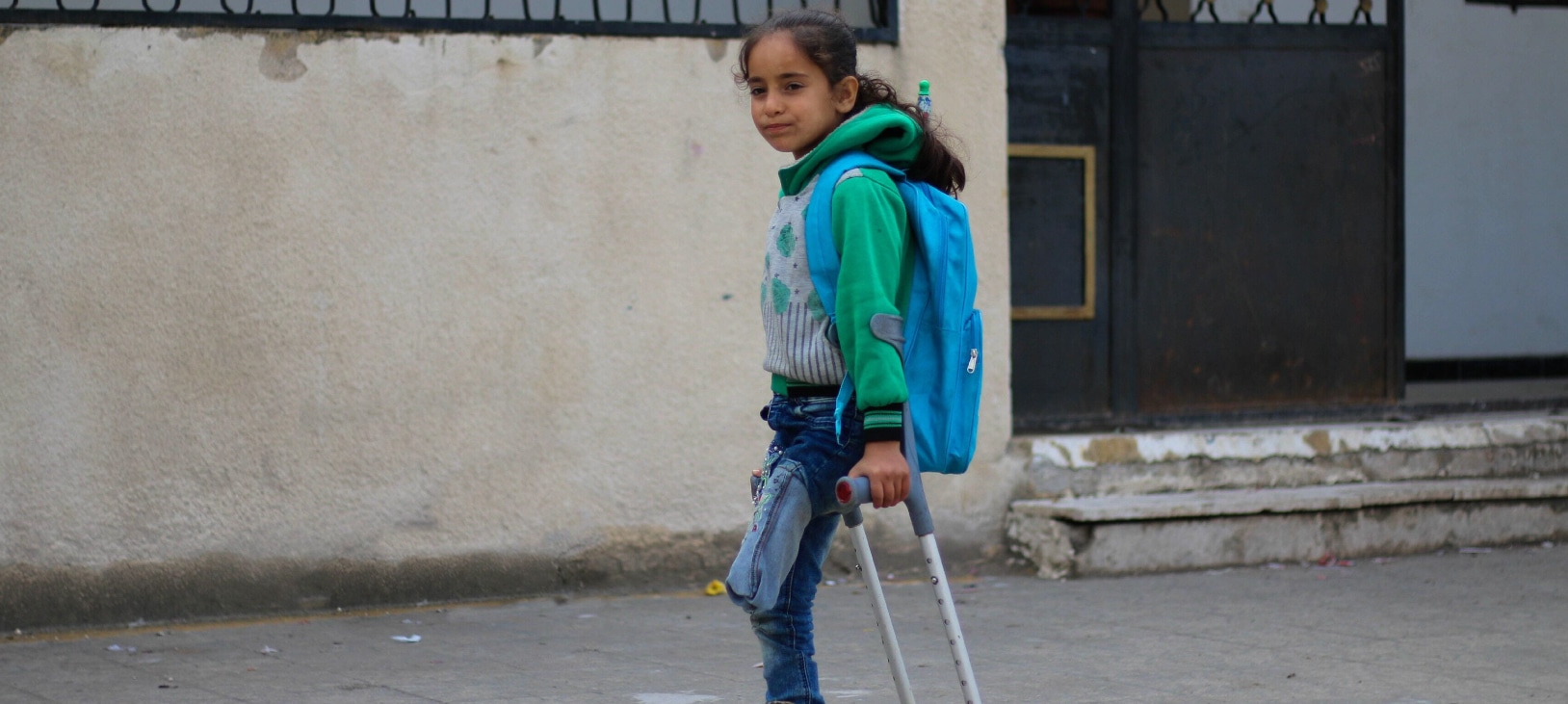Appointment
Please Select the type of appointment you would like to book
World Rare Disease Day: Identification and Prevention of Rare Diseases
Thu , Mar 2

About the Health Information
Our Health information will help you stay up to date on what is happening in health care. We bring you news/information/perspectives around health care innovations, preventive medicine, early diagnosis, nutrition and diet, women’s health, men’s health, children’s health, latest technologies, treatments and surgeries, diseases and conditions, fitness and more.
Popular Posts

Six daily shoulder exercises for arthritic pain

Shoulder Arthritis and its types

Stress and how to beat it
Categories
- Cancer
- Cardiac Care
- Children's Health
- Covid-19
- Diabetes
- ENT
- Health Emergencies
- Health Tips
- Hernia
- Hospitals
- Interventional Pulmonology
- Kidney Stone
- Medical Emergency
- Men's Health
- Neuro Care
- Oral Cancer
- Orthopaedics
- Spine Care
- Stroke
- Transplants
- Women's Health
- World Brain Day
- World Health Day
- World Hearing Day
- World Kidney Day
- World Sleep day
- World Vaccination Day
Rare diseases, childhood rare diseases, congenital diseases, and rare cancers are conditions that affect a small percentage of the population.
Despite their low prevalence, these diseases can have a significant impact on the lives of those affected and their families.
World Disease Day, observed on February 28th, is an opportunity to raise awareness about rare diseases and the importance of early detection and prevention.
There are 1000s of rare diseases and everyday new ones are being recorded in the medical literature. The cause of rare diseases in unknown, majority of them being either genetic or caused/triggered by a bacterial infection. Almost all genetic disorders are rare, but not all rare disorders are genetic. Rare disorders can be identified at early age, but it is estimated that some of the rare disorders appear into adulthood also

 In-person Consultation
In-person Consultation Online Video Consultation
Online Video Consultation Treatment Enquiries
Treatment Enquiries Find a Doctor
Find a Doctor Access the Patient Portal
Access the Patient Portal +91 44 4524 2407
+91 44 4524 2407  Minimal Access GI & Bariatric Surgery
Minimal Access GI & Bariatric Surgery Multi-Visceral and Abdominal Organ Transplant
Multi-Visceral and Abdominal Organ Transplant Neurology
Neurology Spine Surgery
Spine Surgery Total Knee replacement
Total Knee replacement Anaesthesiology & SICU
Anaesthesiology & SICU Paediatric Cardiology
Paediatric Cardiology Emergency Na MGM
Emergency Na MGM IVF
IVF Oncology Treatments
Oncology Treatments